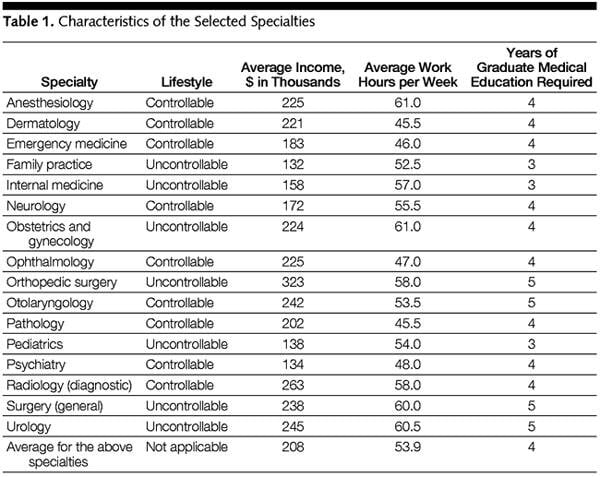- Joined
- Dec 17, 2008
- Messages
- 4,303
- Reaction score
- 22,293
While browsing through Uncle Harvey and Orthogate, I've noticed that ppl on those sites tend to criticize the levels of autonomy at big-name academic programs (with some exceptions of course). Is their any validity to this criticism or are ppl just knocking the big-shot programs because they didn't match there? Obviously, this isn't relevant to me at the moment, but it has generated curiosity.
Thanks again for your feedback!
Hard for me to know - as I said it's really hard for an outsider to know what goes on unless you talk to the people training there (and trust them not to BS you).
I do think people tend to get a lot of pleasure/schadenfreude from knocking the traditional big-boys in surgical training.
And there is a common meme of "community programs actually let you operate...big name programs just scut you out" - I don't generally put a lot of stock in this line of thinking as I believe I'm getting really good training at my academic center.
My friends at "mans best hospital" and the like all seem happy with their training? And my program has hired attendings from MGH, MD anderson, and MSK since I've been here - they come in able to do big cases from day one and seem skilled from the residents' perspectives.

